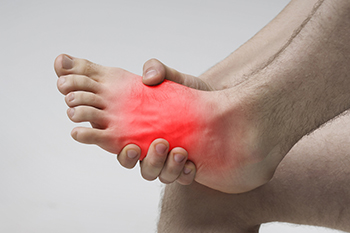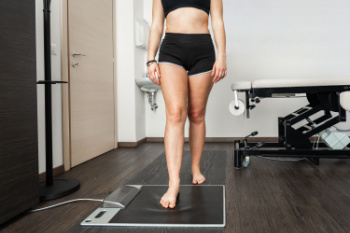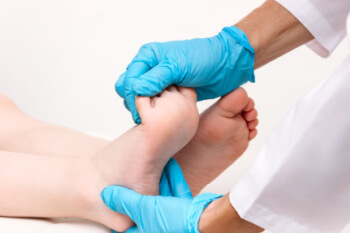
Lisfranc dislocation is a complex injury affecting the midfoot, specifically the articulation between the metatarsal and tarsal bones. Commonly caused by trauma such as falls, twists, or direct impact, it is often misdiagnosed due to its rarity and subtle symptoms. High-energy injuries like car accidents or sports collisions are typical culprits. Mismanagement can lead to long-term complications like chronic pain and arthritis. Severity is graded from mild ligament sprains to severe dislocations. Treatment ranges from conservative methods like immobilization to surgical intervention for severe cases, often involving realignment and fixation. If you believe you may have sustained such an injury to your midfoot, it is suggested that you schedule an appointment with a podiatrist for an examination, diagnosis, and treatment.
Foot and ankle trauma is common among athletes and the elderly. If you have concerns that you may have experienced trauma to the foot and ankle, consult with one of our podiatrists from Greater Boston Foot Care, PLLC. Our doctors will assess your condition and provide you with quality foot and ankle treatment.
Foot and ankle trauma cover a range of injuries all over the foot; common injuries include:
- Broken bones
- Muscle strains
- Injuries to the tendons and ligaments
- Stress fractures
Symptoms
Symptoms of foot and ankle injuries vary depending on the injury, but more common ones include:
- Bruising
- Inflammation/ Swelling
- Pain
Diagnosis
To properly diagnose the exact type of injury, podiatrists will conduct a number of different tests. Some of these include sensation and visual tests, X-rays, and MRIs. Medical and family histories will also be taken into account.
Treatment
Once the injury has been diagnosed, the podiatrist can than offer the best treatment options for you. In less severe cases, rest and keeping pressure off the foot may be all that’s necessary. Orthotics, such as a specially made shoes, or immobilization devices, like splints or casts, may be deemed necessary. Finally, if the injury is severe enough, surgery may be necessary.
If you have any questions, please feel free to contact our office located in Plymouth, MA . We offer the newest diagnostic and treatment technologies for all your foot care needs.





